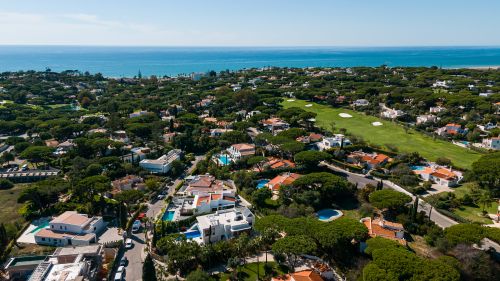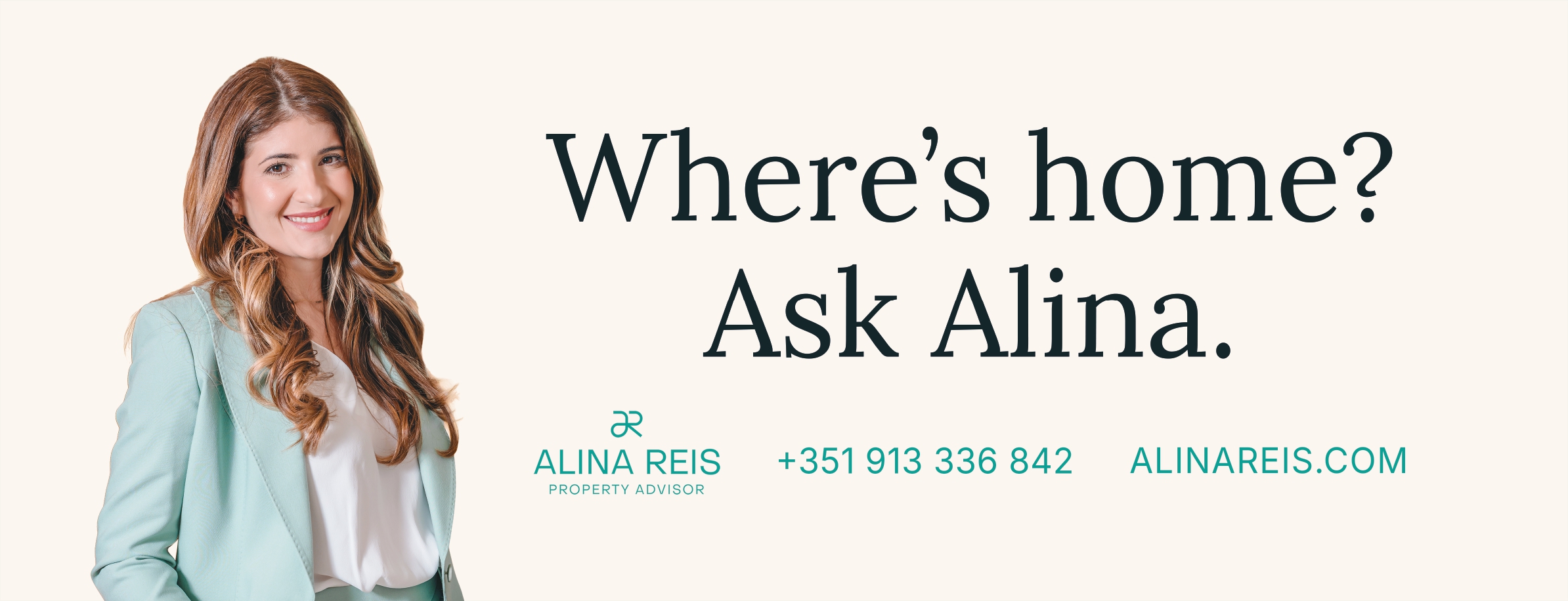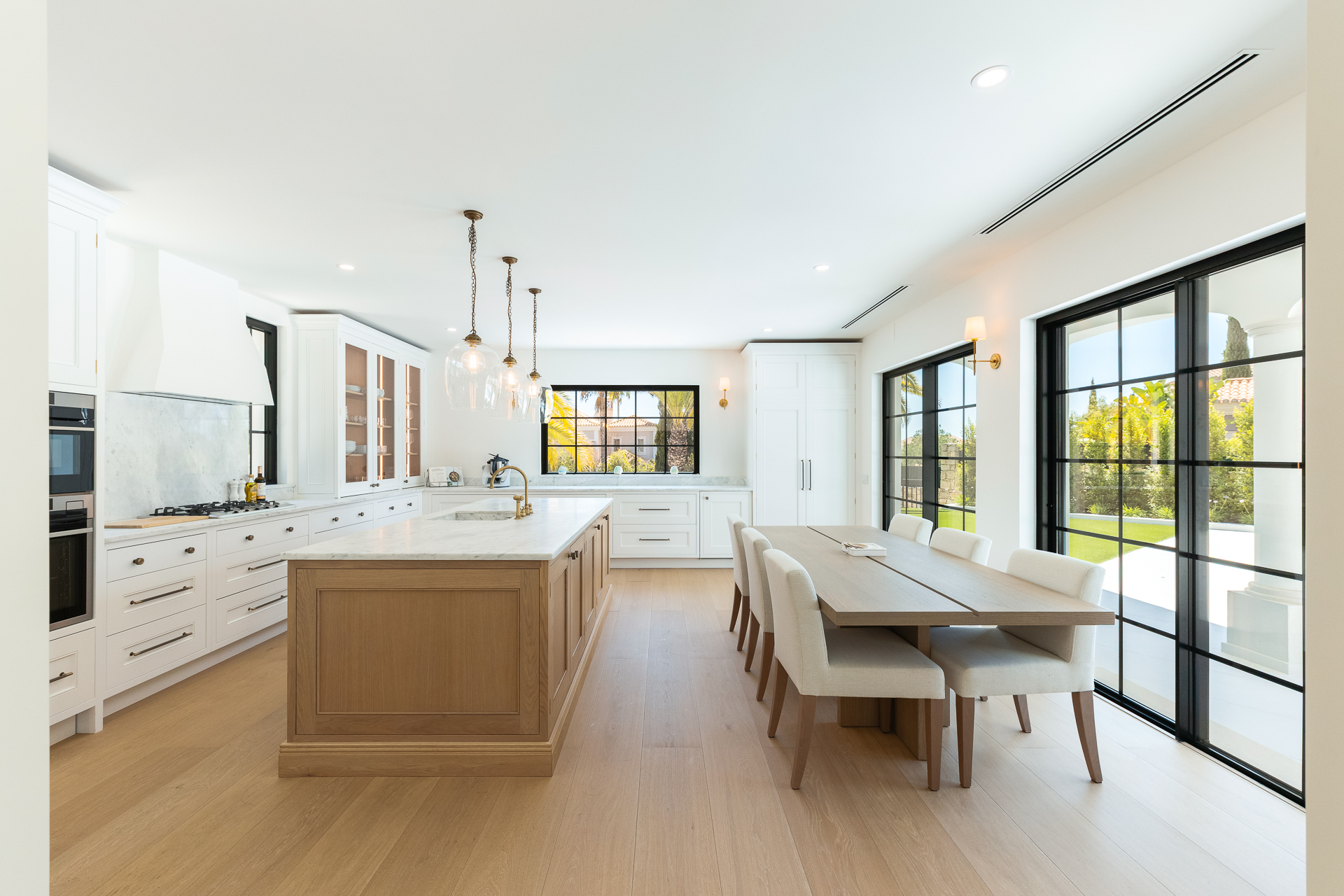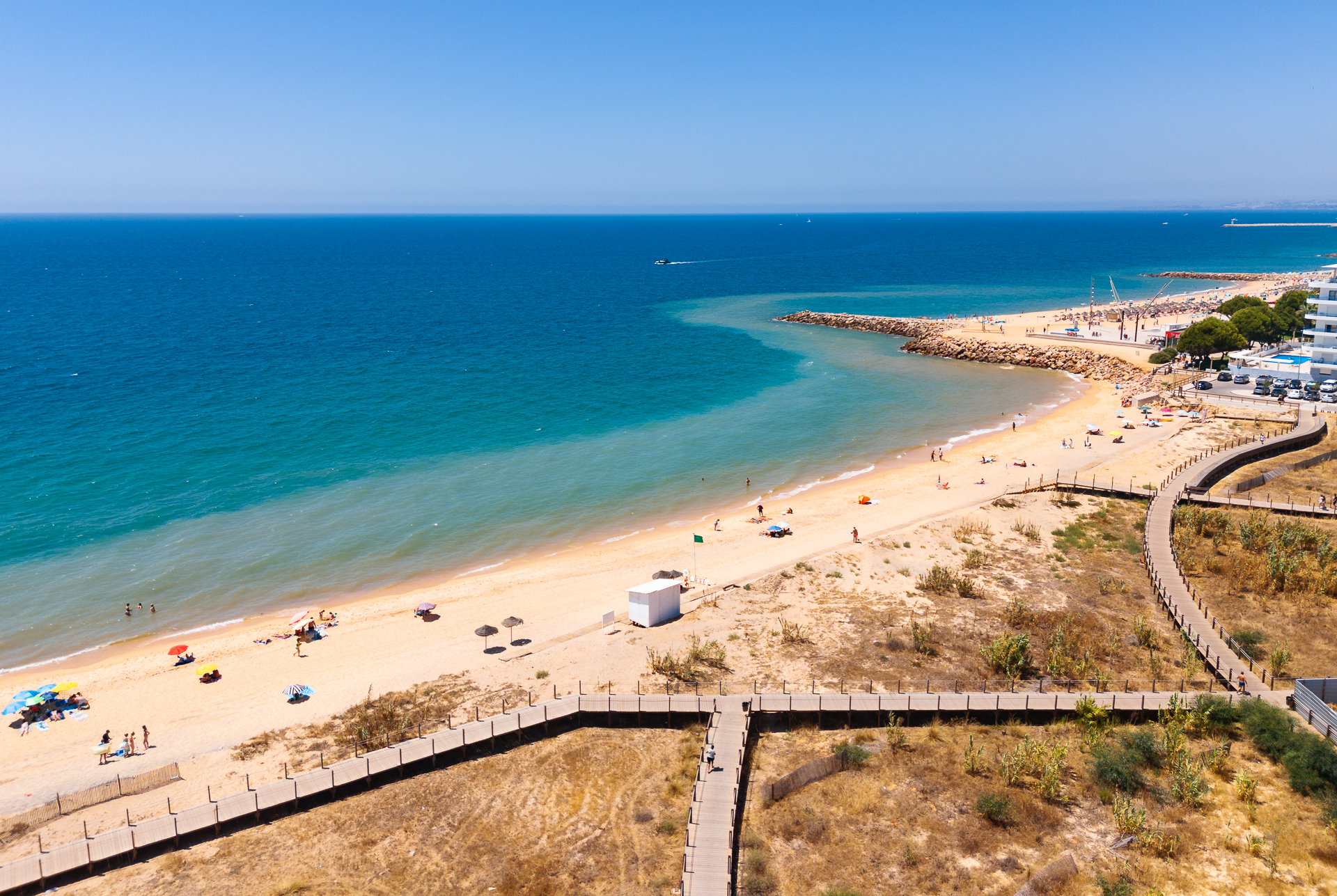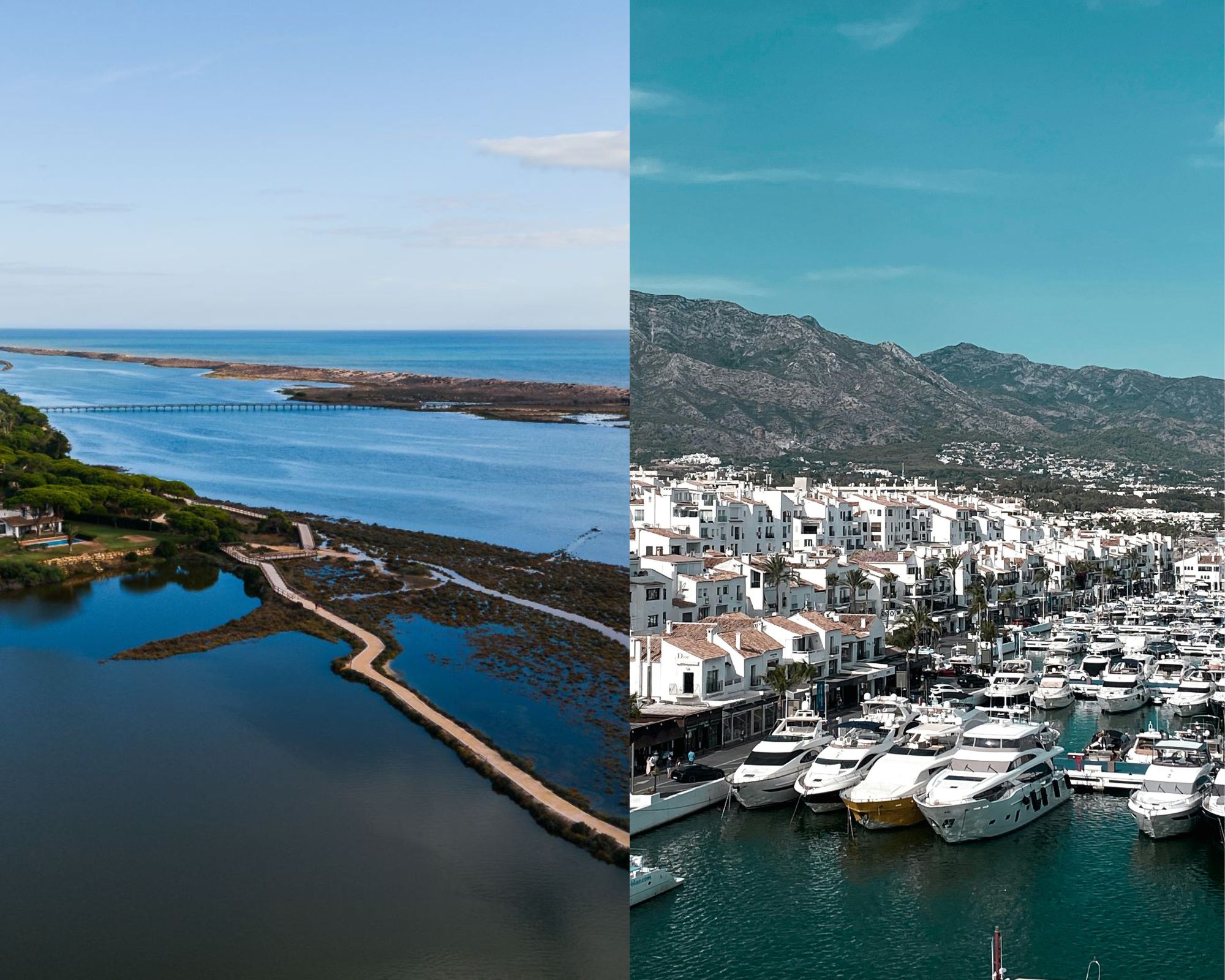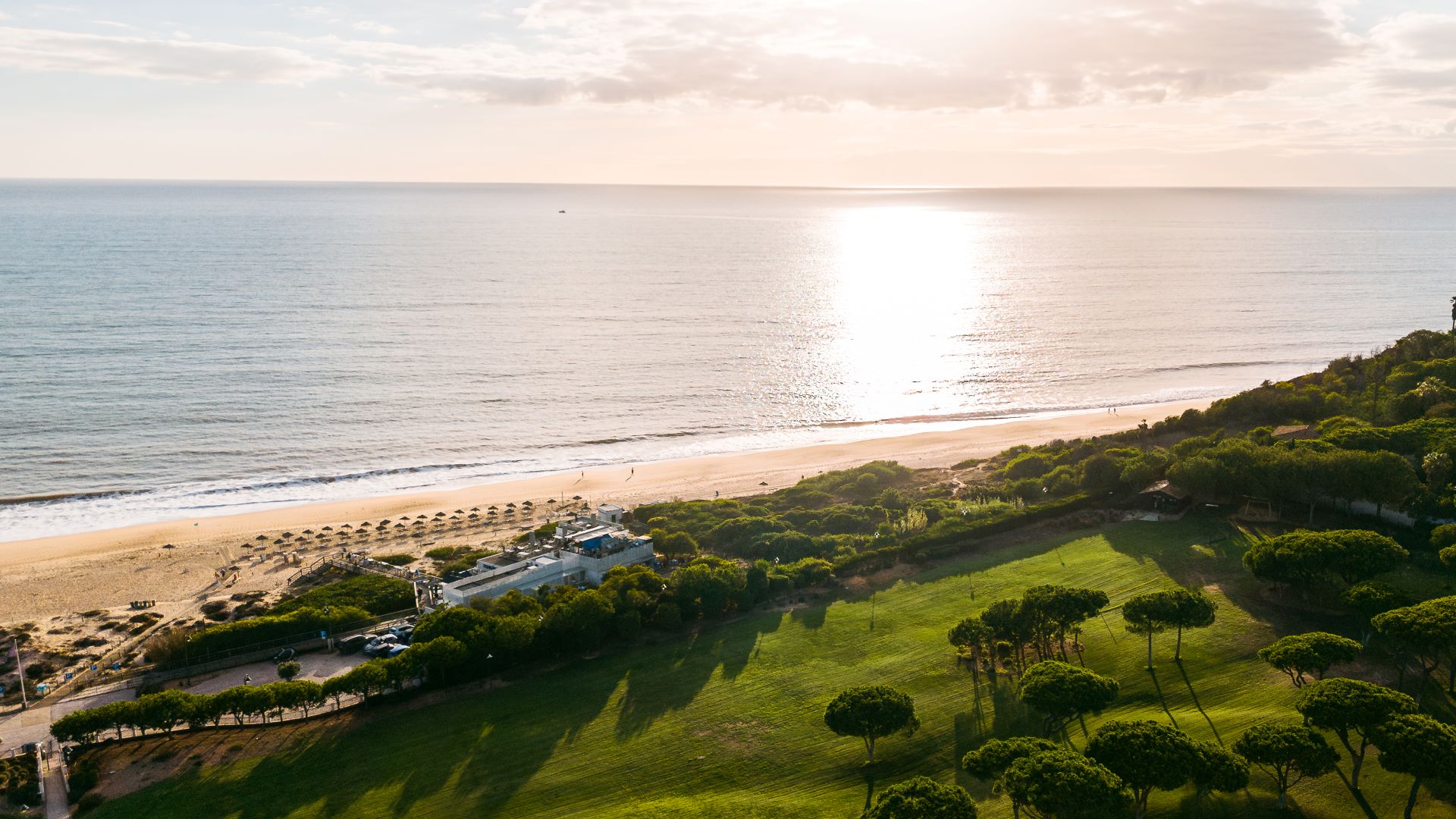Algarve Holiday Homes for Families Considering Relocation
Introduction
Dreaming of a place where your family can enjoy sun-filled holidays and a relaxed lifestyle year round? The Algarve, Portugal’s southern jewel, has become one of Europe’s most sought after destinations for those looking to combine a perfect getaway with a smart property investment. From golden beaches and safe, family-friendly communities to world class golf courses and vibrant cultural life, the region offers something for everyone.
In this guide to Algarve holiday homes, we explore how to choose a property that works for both family living and as a holiday retreat. Whether you are considering a full relocation, a seasonal base, or a holiday home with rental income potential, you will find practical advice on the best areas for families, the types of homes available, local schools, healthcare, and everyday conveniences. We also cover essential buying steps, legal considerations, and insider tips for making the most of your investment.
By the end, you will have a clear picture of where and how to find the Algarve holiday home that meets your family’s needs, today and for years to come.
The Algarve at a Glance
If you want the quick, practical picture, the Algarve is sun reliable, airport convenient, and more seasonal than most guides admit. Seasonality explains why some areas are lively in July and August but quieter from November to March. That rhythm can be a win for families who choose micro-neighbourhoods that stay active year round.
Connectivity is simple. Faro Airport puts you 15 to 25 minutes from the Golden Triangle and 30 to 60 minutes from Lagos or Tavira. Tourism demand underpins strong holiday periods, which helps owners who plan to rent during school breaks.
Unique insight: winter life concentrates along what we call service spines, for example Almancil to Quinta do Lago to Vale do Lobo, or Vilamoura to Quarteira. Pick a home within a 10 minute drive of these spines and you keep supermarkets, clinics, kids clubs, and cafés that actually stay open.
- The question of a seasonal versus year round community in Algarve is micro local, not a blanket rule.
- Fifteen minute living is real here. Measure school runs, after school activities, and clinic access in minutes, not miles.
Family Buyer Profiles and Goals
1. School Year Base, Summer Travel
You want stability from September to June and flexibility in peak summer. Prioritize storage, efficient climate control, and quick school access over postcard views. For this profile, a townhouse in a managed condominium near Almancil or Vilamoura often beats a remote cliff top villa.
2. Holiday Home First, Future Relocation
You will use six to ten weeks a year and test longer winter stays. Amenity density and lock up and leave matter most. A two to four bedroom within walking or short cycling distance to beaches, cafés, and sports clubs keeps teenagers happy and resale strong. Many families explore a long term versus short let yield Algarve property approach to offset costs without turning the home into a full time rental.
3. Full Relocation with Remote Work
You need reliable fiber, a dedicated workspace, and quiet. Detached villas on the edges of Quinta do Lago or Vale do Lobo, or family neighborhoods around Loulé, balance privacy with 15 minute access to schools and clinics.
Pro tip: set three non negotiables, for example school run under 20 minutes, walkable daily errands, and two kids activities within ten minutes. Let everything else flex. This prevents analysis paralysis and clarifies a shortlist fast.
Where Families Actually Settle
Golden Triangle (Quinta do Lago, Vale do Lobo, Almancil)
- Strengths: international schools, private clinics, sports clubs, year round shops.
- Best for: families prioritizing international schools near Vilamoura and Almancil.
Vilamoura and Quarteira
- Marina life, golf academies, tennis, and cycle paths.
- Broad apartment and townhouse stock with good lock up and leave options.
- Quarteira offers walkable, authentic Portuguese living and year round services.
West Algarve (Lagos, Praia da Luz)
- More space for the budget and a strong international community.
- Best if you plan local schooling and value surf and sailing weekends.
East Algarve (Tavira, Santa Luzia)
- Heritage town charm, calmer beaches, fewer crowds even in August.
- Fewer international school options, so plan for longer commutes or local schools.
Viewing advice: in peak summer, coastal roads can add minutes to a short hop. Test a school run at 8:15 a.m. during the busy season to see whether a quiet cul de sac becomes a bottleneck in July.
Schools and Childcare
Schools usually decide the map. The Algarve offers a mix of British curriculum and international options, notably Nobel Algarve and Vilamoura International School. Shortlist by curriculum and commute, then tour for campus culture. Families searching for international schools near Vilamoura and Almancil should also ask about bus routes that can save 10 to 15 minutes on parent driving.
- Admissions: popular year groups can waitlist. Plan 6 to 12 months ahead, especially for Years 1 to 8.
- Early years: bilingual nurseries and preschools are common. Secure places before summer for a September start.
- Language: ask about EAL provision and how it integrates with class time.
Unique insight: schools shape after school geography. If your child attends a central campus, classmates typically live within a tight 15 minute bubble, which reduces weekly travel friction when you choose a home inside that circle.
Healthcare and Family Safety
Families settle faster when healthcare is simple. The region has strong private networks with emergency coverage, pediatric care, and a dense net of local clinics and pharmacies. From Quinta do Lago or Vale do Lobo, you are within 15 to 20 minutes of major facilities. West side families typically use units around Portimão and Alvor.
- Insurance: many expat friendly policies offer direct billing with major private hospital groups.
- Practical win: pharmacies are an effective first stop for minor issues and often help secure same day GP slots.
Two phrases to keep in your planning vocabulary: healthcare facilities Algarve for expatriate families and year round pediatric cover. Both matter more than beach distance when a toddler spikes a fever at 2 a.m.
Owning vs Short Letting
Short letting is regulated under Alojamento Local. The national framework allows registrations, while municipalities can set local rules. Always verify the parish status before you bank on income.
- Underwriting reality: start with gross, then move to net. After cleaning, laundry, utilities, management, insurance, inspections, and replacement CAPEX, net is often 55 to 65 percent of gross in managed scenarios.
- Condominium rules: can be stricter than national law. Request minutes from the last two general meetings and the condominium regulations before you commit.
- Hybrid model: winter mid term lets to remote workers or retirees can balance income without excess wear and tear, and match the seasonal versus year round community in Algarve reality.
If you plan to mix personal use with renting, choose blackout weeks before launch. Calendar certainty helps managers optimize occupancy without sacrificing family time.
Everyday Life and Convenience
Family life is built on repeatable errands. The Golden Triangle’s strength is density: schools, clinics, sports clubs, and supermarkets sit within a compact radius around Almancil, Quinta do Lago, Vale do Lobo, and Vilamoura. Fewer car hours equals calmer weeks with school aged kids.
Sports and clubs are abundant. The trick is sequencing, not searching. Pair activities that share a location, for example tennis and swimming in Vilamoura, so one parent can run errands or take calls while the kids are active.
Off season lifestyle Algarve November to March is peaceful and mild. Choose a south facing garden or a home one street back from the seafront to gain a warmer microclimate that extends outdoor playtime by weeks.
Budget Planning and Value Bands
Set the budget by total cost of ownership, not just the purchase price. Families often compare three options within the same budget: an apartment near the beach with strong short let potential, a townhouse in a gated condominium with shared amenities, or a detached villa slightly inland with more space and privacy.
- Acquisition add ons: plan for taxes, legal, notary, registry, and if applicable, mortgage related fees. Many buyers allocate 7 to 10 percent on top of purchase price.
- Running costs: community fees for condominiums, pool and garden care for villas, utilities, insurance, and periodic maintenance. Larger plots and extensive hardscaping increase both water and upkeep.
- Value hides: if walkability is not essential, a five to eight minute drive inland can unlock better plots and lower service charges without sacrificing school access. This is often the sweet spot for a family relocation checklist Algarve property purchase.
When comparing across areas, consider how often you will use expensive amenities. Paying a premium to be steps from the beach is worth it if you use it daily, otherwise prioritize everyday convenience and a plan for summer parking.
Legal Steps and Tax Basics
The buying process is straightforward with the right team. The typical sequence is offer, reservation where relevant, CPCV (promissory contract), due diligence, and deed. Timeframes vary by property type and seller readiness. Align this with school calendars to avoid crunch periods.
- Key documents: your fiscal number, ID, proof of funds or mortgage approval in principle, and if buying through a company, corporate documents.
- Costs and taxes: purchase tax bands, stamp duty, notary and registration, legal fees, and if financed, bank charges and valuation. Budget these early to avoid surprises.
- Residency links: non EU buyers often ask how a purchase interacts with stay limits. Owning does not grant residency, so if you plan extended stays, explore visa pathways that fit a buying Algarve holiday home non EU residency visa strategy.
Choose a lawyer who communicates clearly, checks condominium rules, and explains local licensing if you plan to rent. Clarity prevents friction later.
Financing and Currency Planning
Both residents and non residents can access mortgages. Approval depends on income, debt to income ratios, and property valuation. Build a realistic timeline that fits your viewing and school planning.
- For non residents: compare Portugal mortgage options for non resident buyers, including interest only periods or mixed rate products if available.
- Currency: align deposit payments and completion funds with a hedging plan. A small exchange rate move between CPCV and deed can add or remove thousands from your budget.
- Documentation: prepare tax returns, employment letters, and bank statements early. This shortens approval time.
Property Selection Checklist
- Location: proximity to schools, clinics, daily shops, sports, and airport.
- Orientation: south or west facing outdoor space extends usable months.
- Layout: bedroom separation for guests, storage, laundry space, mudroom function near entries.
- Child safety: child safe pools in Algarve gated villas, secure gates, non slip surfaces.
- Build quality: insulation, glazing, energy rating, noise profile, and shade solutions.
- Community rules: pets, noise hours, short let policies, parking.
Due Diligence that Protects Families
- Technical survey: structure, moisture, roofing, HVAC, and pool systems.
- Compliance: licensing history, prior works, occupancy permits, and any local rental registrations.
- Condominium: service charge history, reserve funds, planned works, and AGM minutes.
- Operational history: if rented, review bookings, guest feedback patterns, and seasonal occupancy.
Ask your lawyer to confirm any municipal restrictions relevant to short letting before you rely on rental income to service costs.
Viewing Trip Game Plan
Structure two to three days with unhurried time blocks, not a frantic dash. Film approaches and parking, note light at different times, and test phone signals and internet speed. Map what we call transition moments: morning routine to first bell, post school sport, dinner, and bedtime. Homes that simplify those transitions are the ones you will love long term.
- Day 1: orientation and two priority areas, scout supermarkets and clinics.
- Day 2: short list homes, time a school run, test evening traffic.
- Day 3: revisit top two, walk the streets at night, listen for noise.
Seasonality and Community
From November to March, the Algarve is calm, with clear light and empty beaches. Pick neighborhoods with active year round residents and you will find sports clubs, cafés, and supermarkets ticking along as usual. Plan indoor options for windy days, such as tennis bubbles, gyms with kids classes, and community centers.
Case Studies
Family A: School Year Base, Summer Travel
A family with children aged 4 and 8 chose a townhouse in Quinta do Lago. School run is 12 minutes, both kids do activities within 10 minutes, and grandparents visit in spring. They reserve August for rental income and keep Easter for family time.
Family B: Holiday Home First, Future Relocation
A couple bought a two bedroom by the beach in central Vilamoura. They use it eight weeks a year, try a winter month each January, and rent mid summer. The building’s concierge and gym make it a true lock up and leave.
Family C: Full Relocation with Remote Work
Two remote workers selected a detached villa on the edge of Vale do Lobo. Fiber internet, a quiet office, and south facing garden were the clinchers. They are 18 minutes from the airport and 14 minutes from school.
Common Mistakes and How to Avoid Them
- Buying for August and regretting January. Check winter light, wind, and nearby services.
- Overestimating rental yield. Count net, not gross, and add operational friction.
- Ignoring school logistics. A 30 minute run twice daily becomes a lifestyle tax.
- Skipping condo rules. Pet, parking, or short let bans can be deal breakers.
- Under budgeting for maintenance. Pools, gardens, and façades need steady care.
Sustainable and Future Ready Choices
- Energy performance and insulation that hold comfort in winter and reduce AC loads in summer.
- Solar readiness and battery storage for long term savings.
- EV charging in private garages or shared points in condominiums.
- Smart home basics that let you monitor humidity, leaks, and security when away.
Negotiation and Offer Strategy
Strong offers are clean, well documented, and respectful of seller timelines. Share your readiness, for example lawyer instructed and funds prepared, and explain family constraints like school start dates. If you can be flexible on completion timing, you often gain price or inclusions without friction.
Closing, Move In, and First 90 Days
- Set up utilities, internet, and basic security within the first week.
- Register with local clinics and note after hours pharmacies.
- Build a support network: cleaner, gardener, pool technician, handyman.
- Plan a soft launch of routines, then layer in activities once term begins.
Next Steps
- Prepare documents before you fly: ID, fiscal number, proof of funds, mortgage in principle where relevant.
- Brief your advisor with three non negotiables and one nice to have.
- Schedule school tours and a sample school run into your viewing trip.
Key Points
- The Algarve’s best family areas blend lifestyle and year round services.
- International schools and healthcare access matter as much as beaches and views.
- Short let income can offset costs, but legal and operational realities matter.
- Off season living can be a highlight if you pick the right community.
- The right property balances daily convenience with long term value.
Conclusion
Choosing an Algarve holiday home is about far more than a pretty view. For families considering relocation, the best choice balances location, daily practicality, and future potential. The Algarve’s charm is undeniable, yet it is the school runs, clinic proximity, and off season community that determine real quality of life.
Whether you are planning a seasonal base, full relocation, or a rental income hybrid, know your priorities and work with a trusted local advisor. The right home will serve your family today and grow with you in the years to come.
FAQs
1. What is the best area in the Algarve for families relocating to Portugal?
For most families, the Golden Triangle, including Quinta do Lago, Vale do Lobo, and Almancil, offers the ideal balance of international schools, healthcare, sports clubs, and year round community. Areas like Vilamoura and Lagos can also work, depending on whether proximity to the coast or a quieter pace is the priority for your Algarve holiday home for families relocating to Portugal.
2. Can I rent out my Algarve holiday home when I am not using it?
Yes, many owners generate income through short letting, but you must register for an Alojamento Local license. While national rules allow new registrations, some municipalities impose restrictions, so always check parish level regulations before investing in a long term versus short let yield Algarve property strategy.
3. Are there good international schools near Vilamoura and Almancil?
Yes. Nobel Algarve in Almancil and Vilamoura International School are both within a 10 to 15 minute drive of most family friendly neighborhoods. These international schools near Vilamoura and Almancil offer established curricula and strong extracurricular programs.
4. What is life like in the Algarve from November to March?
The off season lifestyle Algarve November to March is peaceful, with mild weather, fewer crowds, and easy access to beaches and trails. Year round communities in central Algarve keep supermarkets, clinics, and sports clubs operating normally.
5. What are the main costs when buying an Algarve holiday home?
Budget an additional 7 to 10 percent of the purchase price for taxes, legal fees, notary costs, and registration. If you are buying with a mortgage, include bank fees and valuation costs. A clear plan ensures your family relocation checklist Algarve property purchase covers both the price and the true acquisition costs.
We Would Love Your Input
We would love to hear from you. What is the one feature you could not live without?
